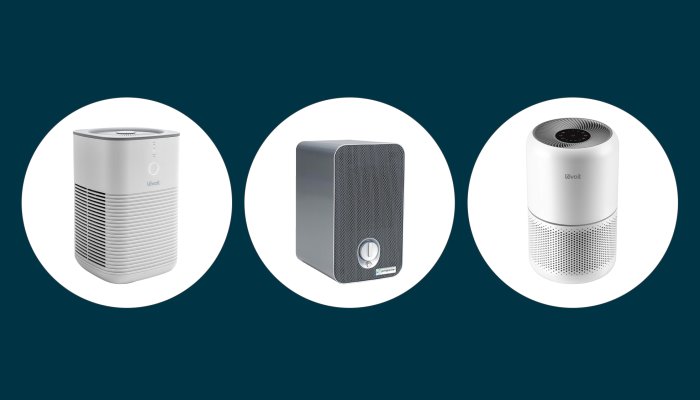

Our senses, such as sight and smell, can often help pick up on bad air quality, especially when it comes to smoke. “With wildfires, the signs of poor air quality are fortunately quite visible in the form of smoke and/or haze,” Masri agrees. “This is also the case for cities that are particularly air polluted.”
Masri explains that pollutants, including PM2.5, may not be visible to the naked eye—but they do scatter light. “When [pollutants] accumulate in the atmosphere, we can see reductions in visibility over long distances, as well as brownish or yellow tints in the air,” he explains, reiterating that your nose can be a good detector of air pollution from wildfire smoke. “Wildfire smoke, for instance, also carries an odor,” he says. “Here in southern California, I can often smell a nearby wildfire before I can see the smoke or haze.”
In terms of physical symptoms, throat irritation, headaches, dizziness, fatigue, and respiratory issues can all indicate that the air quality in your home is not great.








